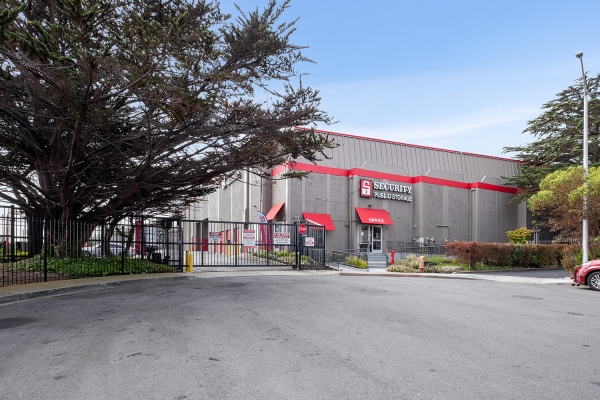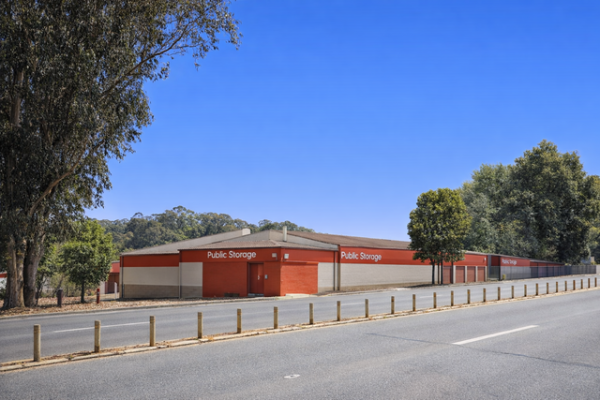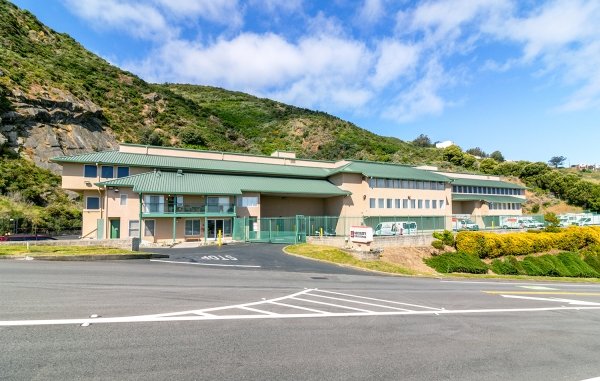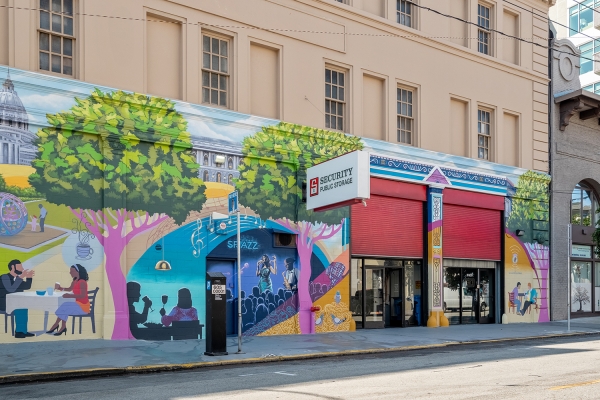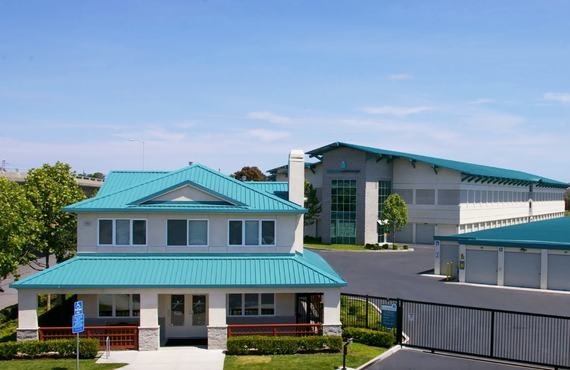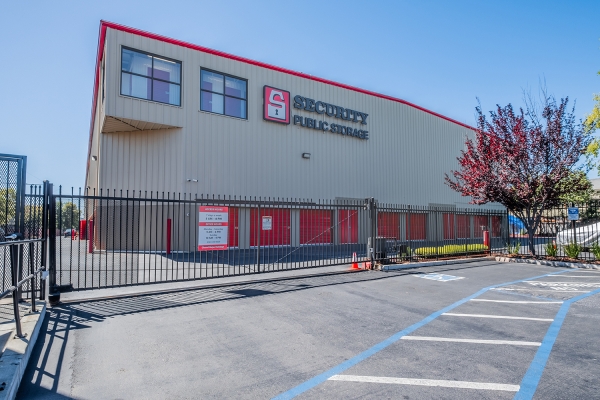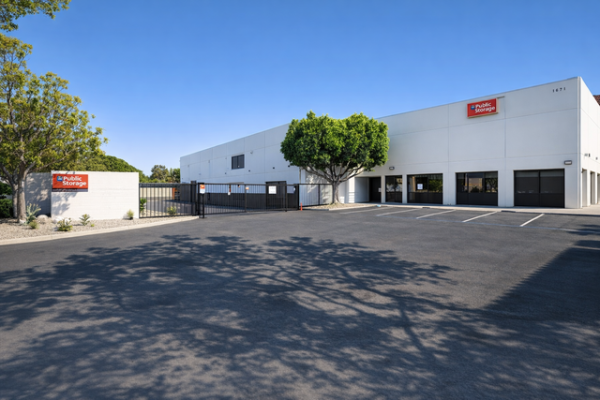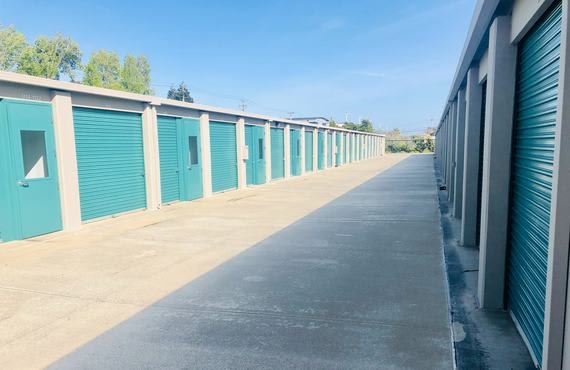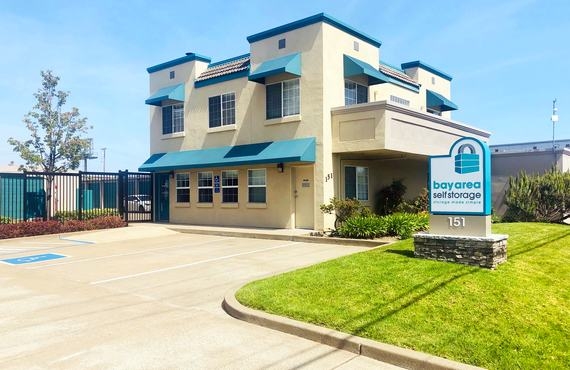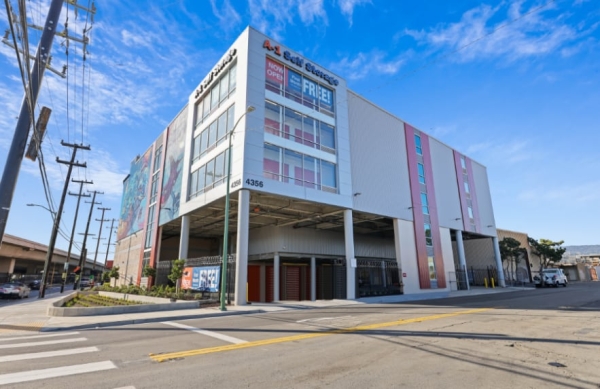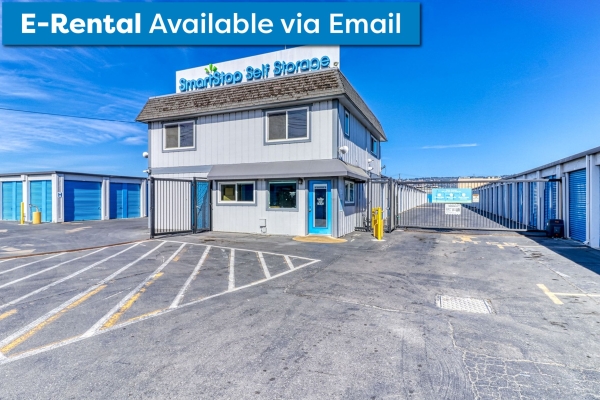South San Francisco’s cool, foggy climate and high property values create unique storage challenges that go beyond simple space needs. With average temperatures rarely exceeding 70°F and frequent marine layer moisture, you’ll want protection against humidity damage while navigating one of California’s most expensive storage markets.
Average Storage Unit Prices in South San Francisco, CA
Here’s what you can expect to pay for South San Francisco storage units:
| 5’x5′ | $99 |
| 10’x10′ | $228 |
| 10’x15′ | $287 |
| 10’x20′ | $365 |
What to Look for in a South San Francisco Storage Unit
- Moisture Defense: Persistent fog and marine layer humidity can cause mold and rust. Climate-controlled units with dehumidification protect electronics, documents, and metal items from coastal moisture.
- Security Investment: With property crime rates around 25 per 1,000 residents and high-value items common in tech-heavy areas, prioritize facilities with surveillance cameras, keypad entry, and on-site management.
- Traffic-Smart Access: Highway 101 congestion can make storage visits time-consuming. Choose facilities with extended hours and multiple entry points to avoid peak commute delays.
- Earthquake Preparedness: Look for newer facilities built to current seismic standards, with secured shelving and reinforced construction to protect belongings during tremors.
Frequently Asked Questions
Are there storage facilities near biotech companies in South San Francisco?
Yes. Several facilities along Gateway Boulevard and near Oyster Point serve the biotech corridor, offering business storage and flexible access for equipment.
Do I need climate control for the marine layer fog?
Yes. The persistent moisture from Bay Area fog can damage electronics, paper goods, and fabric items without proper humidity control.
Can I store lab equipment or sensitive materials?
Many facilities accommodate business storage, but check regulations for any specialized equipment or materials that require specific temperature or security protocols.
Is earthquake insurance recommended for stored items?
While facilities meet seismic codes, consider additional coverage for high-value items, especially electronics or research equipment common in the area.
Are there units accessible during BART or Caltrain schedules?
Yes. Many facilities offer 24-hour access, which helps if you’re commuting via public transit and need flexible storage hours outside typical business times.



